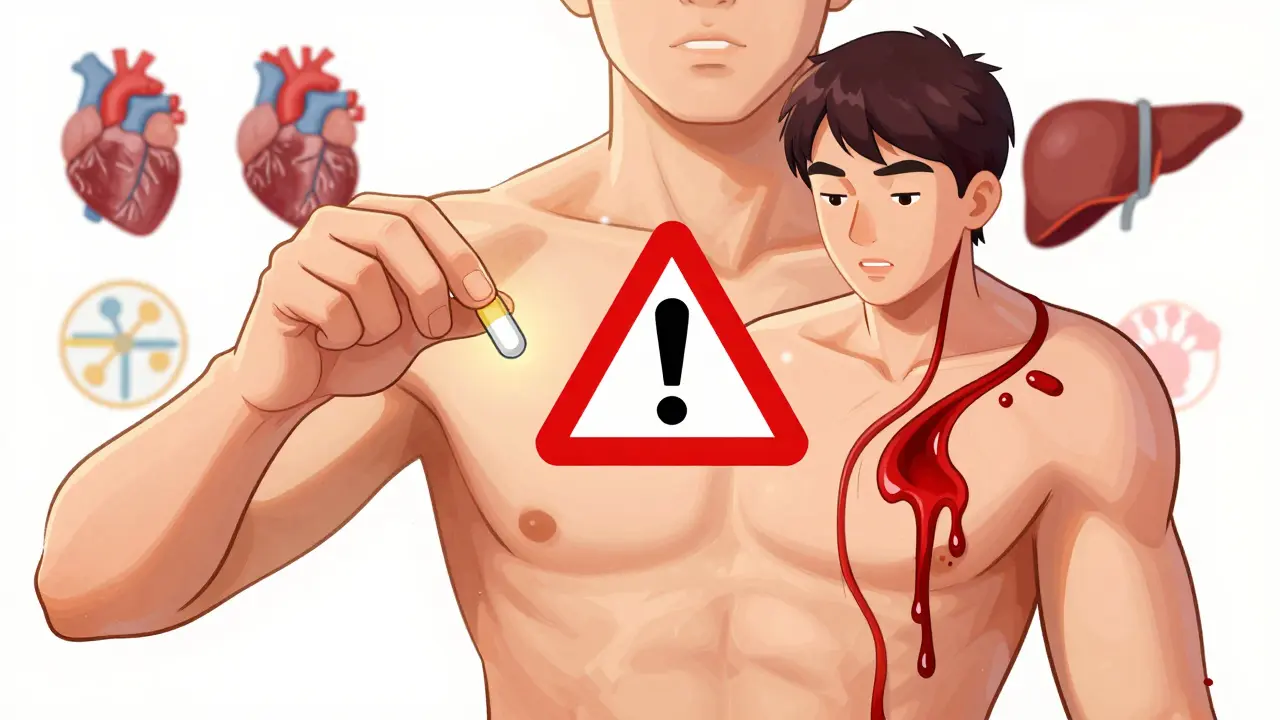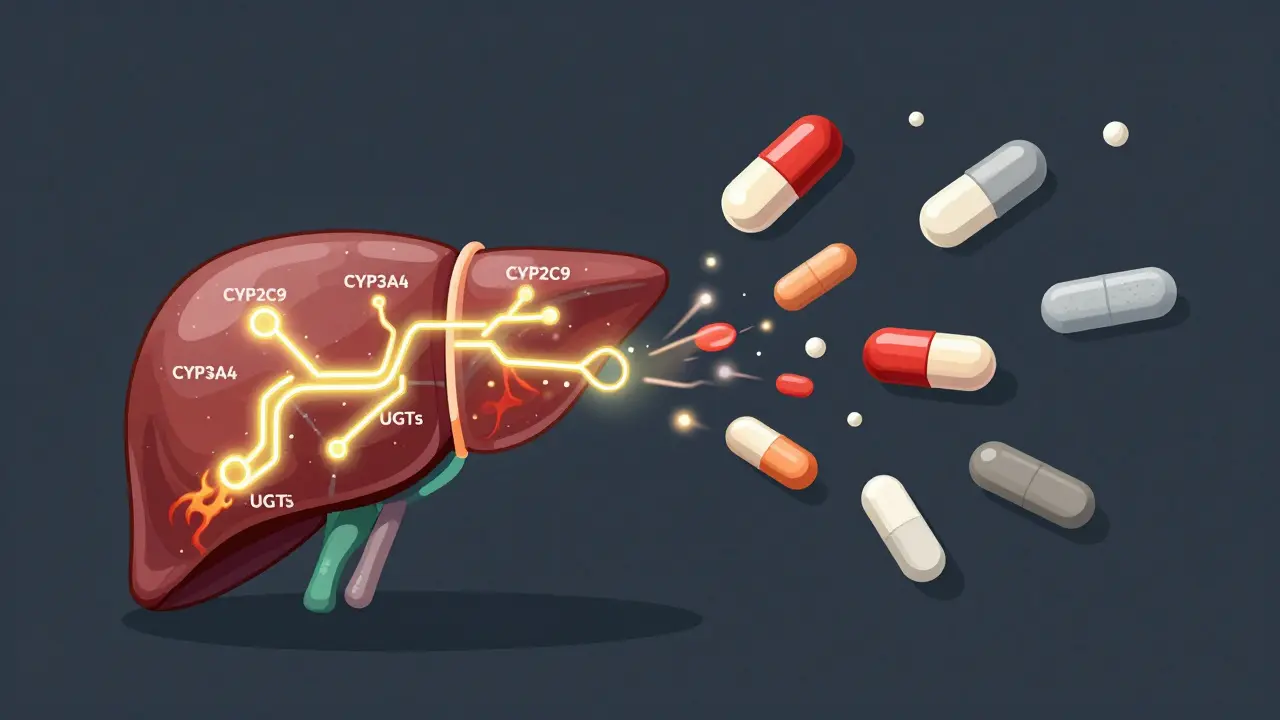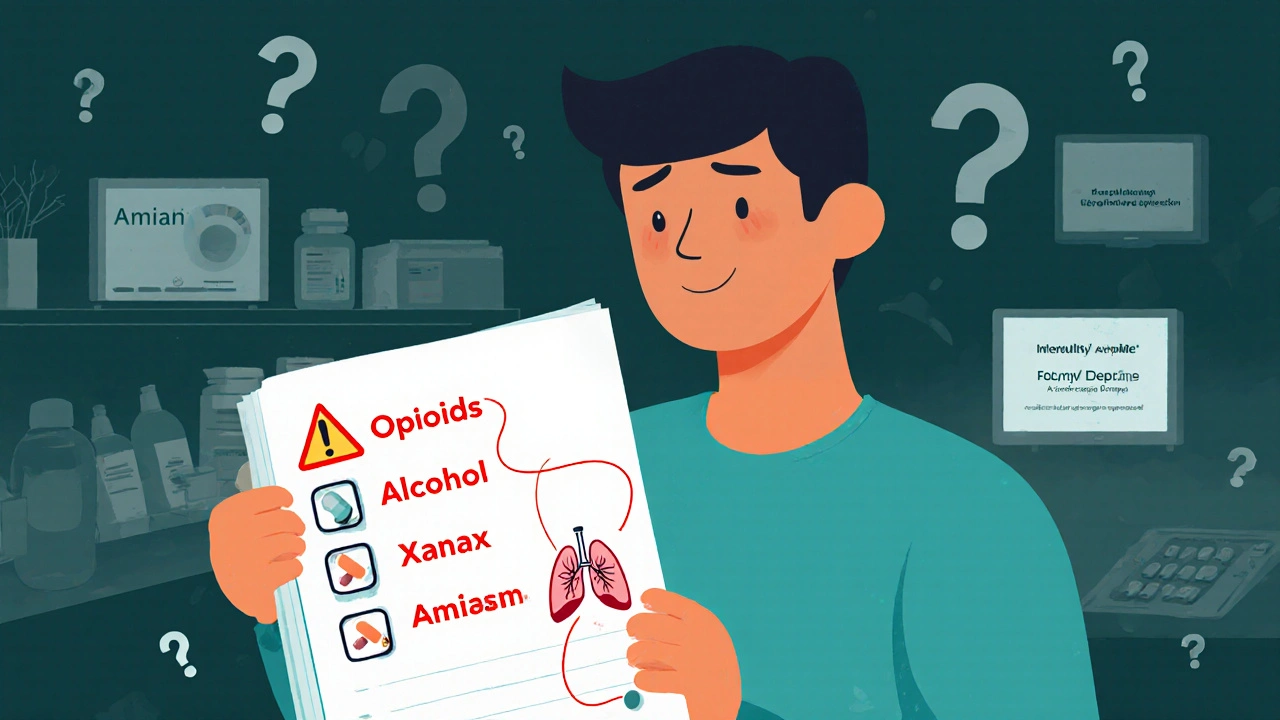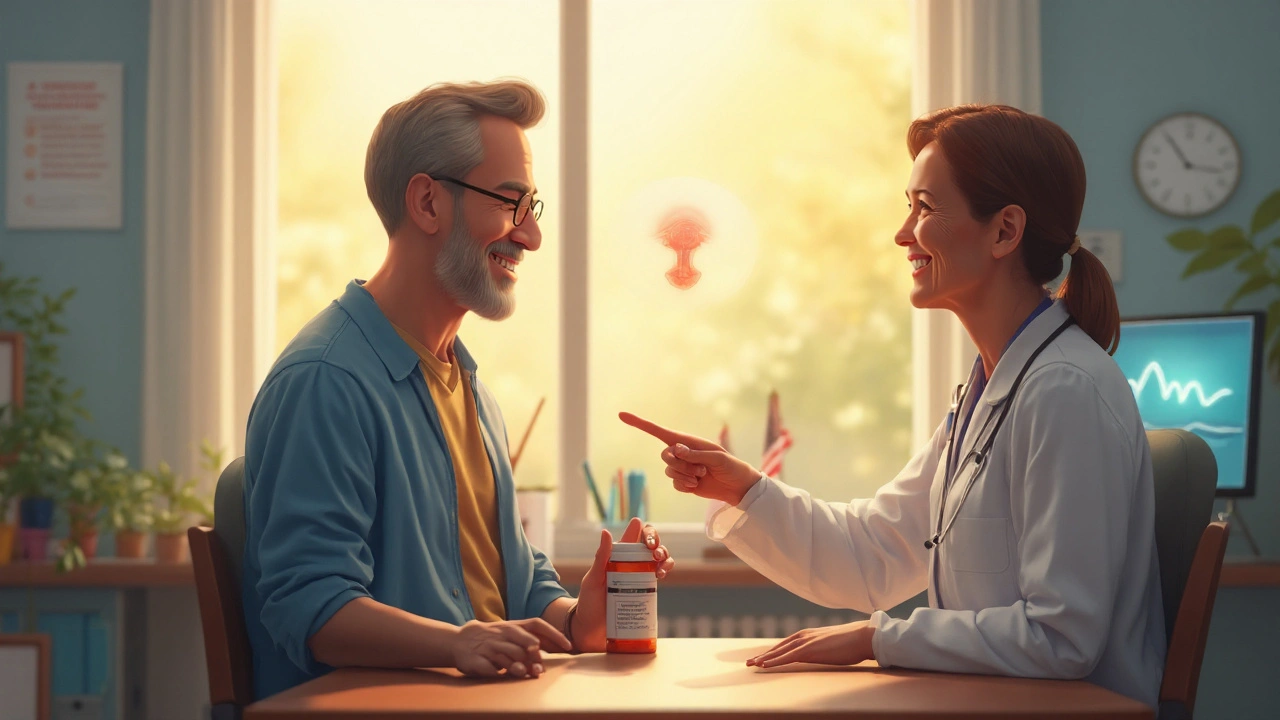Drug Interactions – What They Are and How to Avoid Them
Ever taken two medicines and wondered if they’re playing nice together? That’s a drug interaction, and it can turn a regular prescription into a health surprise. Most people don’t think about it until a symptom pops up, but a quick check can save you from headaches, stomach upset, or even more serious problems.
Why Interactions Happen
Our bodies process drugs through enzymes, mainly in the liver. When two meds need the same enzyme, they can compete and change how fast each one works. Sometimes one drug blocks the other’s effect, making it less effective. Other times, they boost each other, raising the risk of side effects. For example, mixing certain antibiotics with antacids can stop the antibiotic from being absorbed, leaving the infection untreated.
Simple Ways to Spot a Problem
1. Use an online interaction checker. Just type the names of your medicines and get a quick stop‑light report – green means safe, yellow warns of caution, red means avoid.
2. Read the label. Most prescription bottles list “do not take with” warnings. Over‑the‑counter pills have a section for “possible interactions.”
3. Ask your pharmacist. They’re trained to see hidden combos, especially when you add vitamins, herbal supplements, or alcohol.
4. Keep a medication list. Write down every drug, dose, and how often you take it. Include things like ibuprofen, aspirin, or even herbal teas – they can matter.
5. Watch for symptoms. New dizziness, ringing ears, unusual bruising, or sudden nausea could mean two drugs are clashing.
Here are a few common pairings that often cause trouble:
- Warfarin & NSAIDs (e.g., ibuprofen). Increases bleeding risk.
- Statins & certain antibiotics (e.g., erythromycin). Can raise muscle‑pain risk.
- SSRIs (like fluoxetine) & blood thinners. Heightens chance of bleeding.
- Grapefruit juice & many heart meds. Packs a stronger dose than intended.
These examples show why it’s worth a minute to double‑check before you combine anything.
When you shop for meds online – whether it’s cheap generic Paxil, Crestor, or sildenafil – the same rules apply. A shady pharmacy might not warn you about interactions, so always verify with a trusted source.
If you’re caring for someone on a complex regimen, like Bicalutamide for prostate cancer or Zyloprim for gout, keep a weekly pill organizer. It helps you see what’s scheduled together and makes it easier to spot overlaps.
What if you already experienced a reaction? Stop the new drug, contact your doctor, and explain every medication you’ve taken in the last 24 hours. Prompt action can prevent a mild issue from turning serious.
Finally, remember that “natural” doesn’t equal “safe.” Herbal supplements such as goldthread or artichoke extract can still interact with prescription meds. Always list them when you talk to your pharmacist.
Staying on top of drug interactions isn’t rocket science – it’s just a habit of checking, asking, and recording. A few quick steps each month keep you in control and protect your health.
Blood Thinners and Herbal Supplements: What You Need to Know About Safety Risks
Blood thinners and herbal supplements can interact dangerously. Learn which herbs to avoid, real-world risks, and how to stay safe. Key facts from FDA and medical studies.
View moreCarbamazepine Generics: Enzyme Induction and Drug Interactions Explained
Carbamazepine generics can cause dangerous drops in blood levels due to enzyme induction and formulation differences. Learn why switching brands risks seizures, how to monitor levels, and who’s most vulnerable to side effects.
View moreHow to Check for Drug Interactions That Increase Overdose Risk
Learn how to identify dangerous drug combinations that raise overdose risk, including opioids mixed with alcohol, benzodiazepines, or street drugs. Get practical steps to check interactions yourself and access free tools that save lives.
View moreValsartan‑Hydrochlorothiazide and Thyroid Function: What You Need to Know
Explore how the blood‑pressure combo Valsartan‑Hydrochlorothiazide can affect thyroid hormones, what the research says, and practical tips for safe monitoring.
View more



